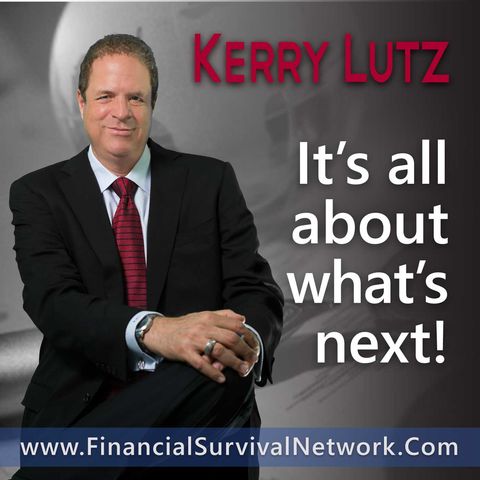Dee Carter - Is Government the Biggest Economic Threat? #4326

Sign up for free
Listen to this episode and many more. Enjoy the best podcasts on Spreaker!
Download and listen anywhere
Download your favorite episodes and enjoy them, wherever you are! Sign up or log in now to access offline listening.
Description
– Forty-four percent of Americans say the political environment in Washington is the biggest threat to the U.S. economy over the next six months, according to a new Bankrate.com report....
show moreInformation
| Author | Kerry Lutz |
| Organization | Kerry Lutz |
| Website | - |
| Tags |
-
|
Copyright 2024 - Spreaker Inc. an iHeartMedia Company
